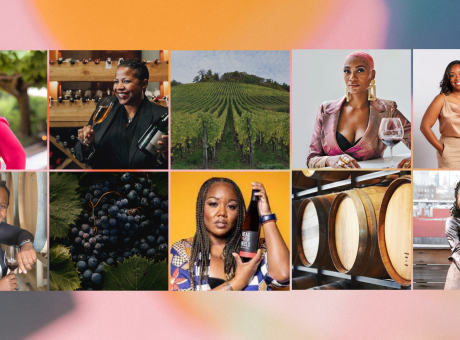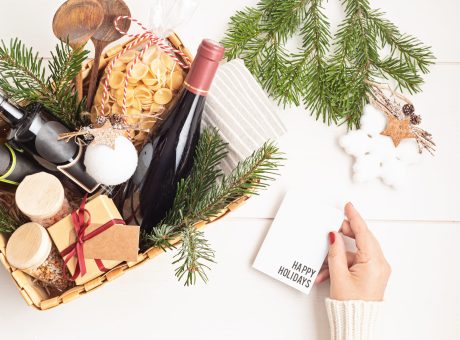Grape to Glass: Harvest & Crush
California’s wine country comes alive during harvest and crush. In most of the Northern Hemisphere, harvest takes place during late August through early October, with sparkling wine grapes harvested in late July, and late harvest grapes picked later in October. For the previous 10 months of the year, winemakers have been steady and thoughtful, in the barrel rooms and blending rooms. Harvest kicks off the time of year when a sense of urgency fills the valley.

Preparation
Early harvest is marked by long days. It’s when the just-picked grapes show up at the winery. To prepare for the grape delivery, winemakers prepare with super-clean equipment, tanks, barrels and most importantly the right team in place.
Timing
Timing rules everything at harvest. To make sure the process runs according to plan, winemakers measure the three most important components of a grape’s taste: sugar, acid and tannins. These numbers help to a point, eventually the winemaker and their team will depend on experience and intuition to start picking.
That said, Mother Nature is still the boss in this process. Whether it’s excessive heat, frost, rain or mold, winemakers and the vineyard team have an eye on the skies to make sure harvest runs as smoothly as possible. Some wineries prefer vineyard crews to hand-pick grapes; others use special machines. Either way, handling with care ensures healthy grape bunches and berries make it to the vat.
Crush
After grapes are picked, they are sorted, destemmed and crushed into juice. Crushing is no longer carried out by lovely maidens with purple feet, crusher-destemmer machines do the work. These machines make light work of a complicated process – they remove the tough stem, remove the grape’s skin and get the grapes ready for fermentation.
This is the biggest difference between white wines and red wines. Red wines get their color from the juice remaining in contact with the skins. So winemakers send the grapes, skins and all, into the vat to ferment. This juice is called the must – and it absorbs that gorgeous deep red color during fermentation, before pressing the grapes. When working with white wines, winemakers press the juice out of the grapes and strain the juice separately.
Harvest is the most exciting time to visit wine country – from the action in the vineyards to the tank rooms, it’s when wine country comes alive!
Need to catch up on our past Grape to Glass installments? Find them on our blog here:
Grape to Glass: Flowering and Fruit Set






Fall into Harvest with Cosentino Wines – Wine Sisterhood: Women who love wine, food, travel, crafts, entertaining
[…] Bringing in the grapes for the 2016 vintage is hard but satisfying work. It signals the final chapter of the year’s growing season. Now, cellar season begins and the winemaking team’s efforts kick into high gear. To get all wine- geeky with a step-by-step look into every phase of the vintage, check out our Grape to Glass series. […]
15 . Sep . 2016